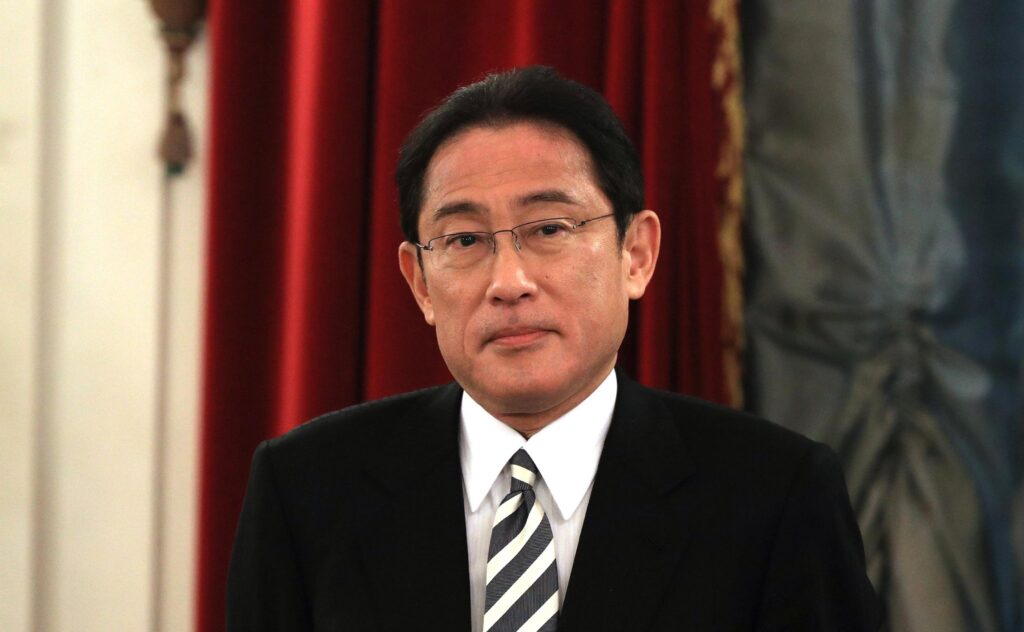
A bill to raise the salary of Japanese Prime Minister Fumio Kishida by 6,000 yen is sparking a heated debate at Japan’s extraordinary National Assembly. In terms of simple amounts, it’s not big, but the opposition criticized the Japanese people, saying that they only raise the prime minister’s salary in a situation where they are moaning for junk and low wages.
The Cabinet Committee of the Japanese House (Fall) will deliberate on the ‘Amnesties Act on Special Offices of National Civil Servants’, which will increase the salaries of Prime Minister Kishida and ministers from the 8th. According to this amendment submitted by the Japanese government, the prime minister’s salary rose by 6,000 yen to 2016,000 yen . The annual salary, including bonuses, will increase by 460,000 yen to 4061 million yen . The annual salary of the cabinet will rise by 320,000 yen to 2961 million yen .
Japanese government spokesman Hirokazu Matsuno explained at a regular press conference that it was an amendment to “match the salaries of special state officials to the level of ordinary state officials.” Salaries such as the Prime Minister and ministers, as well as chairpersons of various committees, are eligible. In addition, Prime Minister Kishida said at the budget committee of the House of Councilors on the 1st that he is returning 30% of his salary to the national treasury to promote administrative and financial reform, so he believes that the effect of the increase is not great. The return size is estimated at 12.18 million yen .
The problem is that Kishida’s cabinet’s approval rating is at an all-time low since the re-election of the LDP in 2012. In addition, criticism is growing that real wages for Japanese workers in September, which reflect changes in prices, fell 2.4%, recording a decline for 18 consecutive months. Yuichiro Tamaki, the leader of the National Democratic Party, whose coalition regime with the LDP was reviewed, said, “Timing and sense is bad.”
The Constitutional Democratic Party, the first opposition party, decided to pay back, such as freezing the salaries of the prime minister and ministers and submitting amendments to the National Assembly that also tied the seasonal benefits of lawmakers.
As criticism grew, Minister Matsuno set out to consider a plan to return the increase if the prime minister’s salary rises at a press conference this afternoon.
SOPHIA KIM
US ASI



